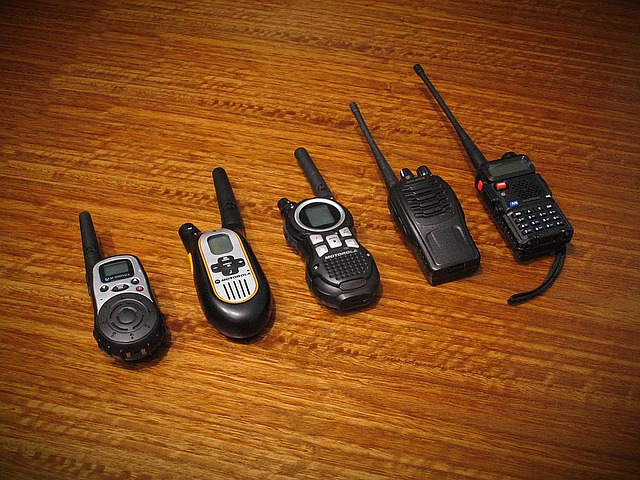
Radio waves, a form of electromagnetic radiation, have become an integral part of our modern world. From wireless communication to broadcasting, radio waves play a crucial role in connecting people and transmitting information. However, like any technological advancement, radio waves have both positive and negative effects. In this article, we will delve into the multifaceted nature of radio waves, exploring their benefits and drawbacks.
Positive Effects:
- Communication Revolution:
One of the most significant advantages of radio waves is their ability to facilitate long-distance communication. From mobile phones to satellite communication, radio waves enable us to connect with people across the globe. This has revolutionized the way we communicate, breaking down barriers and fostering global connectivity. - Broadcasting and Entertainment:
Radio waves have transformed the world of entertainment. Through radio broadcasting, we can access news, music, and various forms of entertainment. This medium has not only provided a platform for artists and performers but has also become a source of information and cultural exchange. - Scientific and Medical Applications:
Radio waves find extensive use in scientific research and medical diagnostics. Magnetic resonance imaging (MRI), for instance, relies on radio waves to generate detailed images of the human body. Additionally, radio astronomy utilizes radio waves to explore the mysteries of the universe, enabling us to study celestial objects and phenomena.
Negative Effects:
- Electromagnetic Interference:
One of the major concerns associated with radio waves is electromagnetic interference. This interference can disrupt electronic devices, leading to malfunctions or even failures. In sensitive environments such as hospitals or aircraft, strict regulations are in place to minimize the risks posed by radio wave interference. - Health Concerns:
The potential health effects of radio waves have been a topic of debate. While radio waves are non-ionizing radiation and generally considered safe, prolonged exposure to high-intensity radio waves may have adverse health effects. Some studies suggest a possible link between radio wave exposure and certain health conditions, although further research is needed to establish conclusive evidence. - Privacy and Security Risks:
The widespread use of radio waves for communication also raises concerns about privacy and security. Radio signals can be intercepted, potentially compromising sensitive information. Measures such as encryption and secure protocols are employed to mitigate these risks, but the potential for unauthorized access remains a challenge.
Conclusion:
Radio waves have undoubtedly revolutionized the way we communicate and access information. Their positive effects are evident in the realms of communication, entertainment, and scientific research. However, it is crucial to acknowledge and address the potential negative effects, such as electromagnetic interference, health concerns, and privacy risks. By understanding and managing these drawbacks, we can harness the power of radio waves while ensuring a safe and secure environment for their usage.




